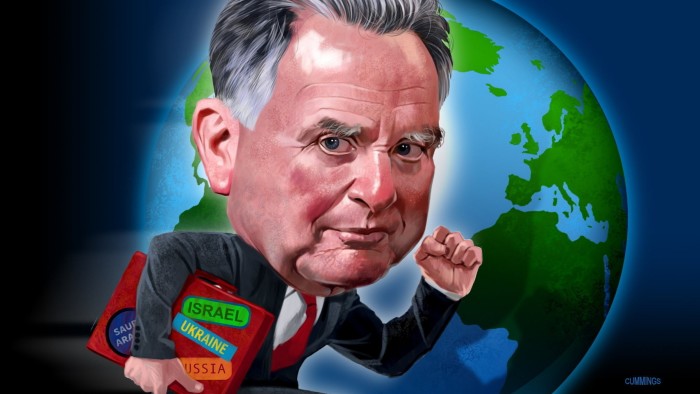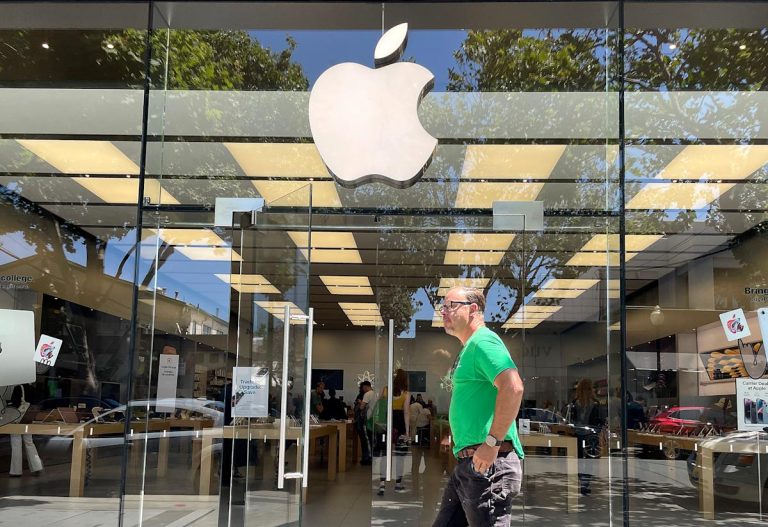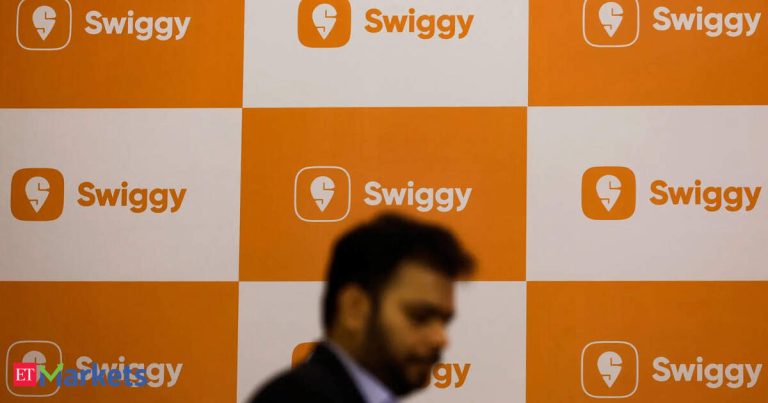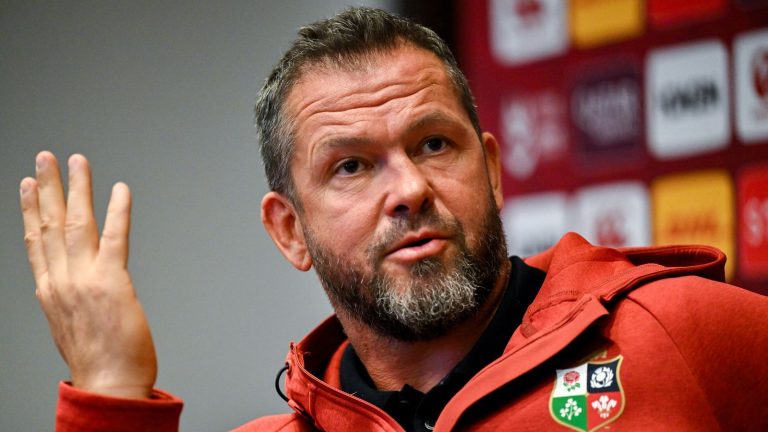Sitting in the Élysée Palace, the 303-year-old seat of the French presidency and a jewel of European neoclassical architecture, Steve Witkoff was struck by its resemblance to another famous pile, on the other side of the Atlantic.
“You know what this looks like? It actually looks like President Trump’s club at Mar-a-Lago,” the billionaire property investor said. “He actually works on it himself. He’s like an architect or a designer.”
The remark provoked barely restrained laughter from the other diplomats round the table. But it also revealed the deep affinity between Witkoff and Trump, two men who came of age in the white-knuckle world of New York real estate and have been friends for decades.
Now, to the surprise of seasoned observers in Washington and beyond, that friendship has become the engine of US diplomacy.
Trump raised eyebrows in November by appointing Witkoff, a man with no diplomatic or government experience, as his special envoy to the Middle East. Since then, Witkoff’s responsibilities have only grown: he has also been tasked with bringing an end to the Russia-Ukraine war and curtailing Iran’s nuclear programme.
Critics describe him as an innocent abroad, unskilled and unlettered in diplomacy. His fans say experience is overrated. “The so-called foreign policy ‘experts’ have routinely proven through their failures over the past two decades that they’re not up to the job,” Donald Trump Jr, the president’s son, told the FT. “Steve on the other hand is a natural-born winner who has more talent, grit and common sense than all of his critics combined.”
On Friday, Witkoff travelled to Moscow for a meeting with Russian President Vladimir Putin, his fourth since taking on the Ukraine dossier. Earlier this week, Trump’s team caused consternation in Kyiv by presenting a proposal to end the conflict that would see the US recognise Crimea as Russian while leaving large parts of eastern Ukraine under Moscow’s control.
“[It’s] blatantly pro-Russian,” said Steven Pifer, a former US ambassador to Ukraine now at the Center for International Security and Cooperation at Stanford University. Witkoff has “fallen into a trap”, Pifer added. “Being relatively uninformed about the issues, he took on board everything that a very charming Vladimir Putin told him.”
Kyiv and its allies have long suspected Witkoff of pro-Russian sympathies. They cite an interview he gave to Tucker Carlson last month in which he praised Putin as “super smart” and said the “overwhelming majority” of people in areas of Ukraine partly occupied by Russia “want to be under Russian rule”.
Those close to Witkoff deny that he has been taken in. “He’s clear-eyed about who Putin is,” says a longtime Trump adviser who has known Witkoff for years. “But if we’re in a negotiation and I’m publicly shitting on you nonstop, are you more liable to work out a deal with me? No, of course not.”
Born in the Bronx in 1957 to a Jewish family, Witkoff started off working for real estate law firm Dreyer & Traub, later becoming a property investor.
He first encountered Trump in a New York City deli in 1986 while the pair worked on a deal together. Trump had no cash so “I ordered him a ham and Swiss”, he testified at the former president’s Manhattan fraud trial in 2023.
Witkoff was deeply impressed by the property mogul. “I used to say, ‘Well, God, I want to be him, I don’t want to be the lawyer, I don’t want to be the scrivener, I want to be that man,’” Witkoff told Carlson.
By the late 1990s he was fulfilling his own Trump-like dreams, creating a property empire that included New York’s Woolworth Building and real estate in Chicago, Dallas and Philadelphia.
Meanwhile, the pair’s friendship was deepening. Witkoff has spoken publicly of the emotional support Trump provided after his 22-year-old son Andrew died in an OxyContin overdose in 2011. Witkoff paid in kind: he was one of a small band of associates who stayed loyal to the former president after the January 6 riot on the Capitol in 2021.
That loyalty was rewarded when Trump returned for a second term and appointed him special envoy, a role he quickly made his own. He was instrumental in negotiating a ceasefire between Israel and Hamas in January and scored another big success when he travelled to Moscow for negotiations that led to the release of US citizen Marc Fogel in a prisoner exchange.
Observers say the fact he enjoys the full confidence of the president — and is one of his closest confidantes — gives him a weight previous US negotiators have lacked. “It helps that Steve is not in it for himself,” says one administration official who knows Witkoff well. The envoy, he adds, is not drawing a salary and uses his own private plane for diplomatic assignments.
Foreign policy experts say his record has been meagre so far. The Gaza truce he helped negotiate fell apart in March. And there is no sign of a ceasefire in Ukraine.
But Witkoff’s supporters believe his big contribution is to have shaken up a system that badly needs new approaches.
“There’s something to be said for an outsider who knows how to negotiate coming in and working on these deals,” says the Trump adviser. “And if he gives the foreign policy elite a swift kick in the ass, I think it’s a good thing.”
Additional reporting by Andrew England






